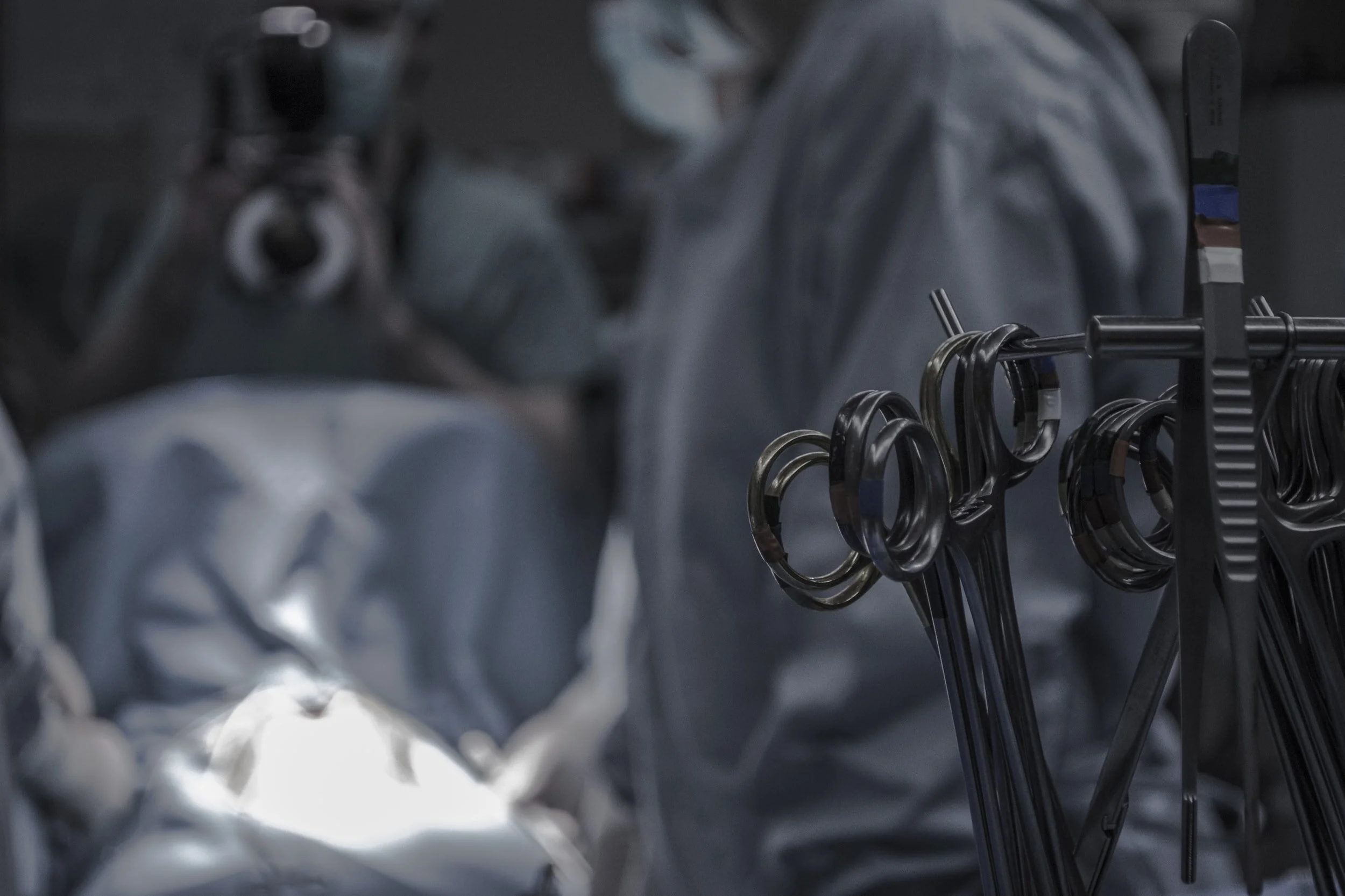
What is Perioperative Medicine
Introduction
Perioperative Medicine is about optimizing each stage of the Perioperative Journey for a patient undergoing surgery:
The stages are:
Preoperative- Before Surgery
Intraoperative- During Surgery
Postoperative – After Surgery
By optimizing each stage of the patient journey, using an Evidence-Based approach, it is hoped that it will reduce postoperative complications, decrease the duration of hospital stay, reduce hospital readmission rates, and lead to a better patient experience.
Furthermore, an ‘Individualized’ approach is used. This means that patient care is tailored to the individual patient.
For Example:
For the following 2 patients undergoing elective Laparoscopic Cholecystectomy:
A) Mrs A – 36 yo female, with hypertension as her only main co-morbidity. She is otherwise well and works as an English Teacher.
compared with
B) Mrs B- 80 yo female with past history of CABG in 2008, type 2 diabetes, and hypertension. She lives alone by herself. Her Daughter, Cathy, is very involved and takes Mrs B to the shops to buy food. Recently, Cathy has also started delivering home cooked meals to Mrs B, because Mrs B is struggling to cook.
It can be clearly seen that both Mrs A and Mrs B are different not only because of age and underlying comorbidities, but physiological reserve and their premorbid functioning as well. Clearly, Mrs A is young and active, managing well on her own. However, Mrs B requires more help and is not as independent. This means that Mrs A will require a different approach compared with Mrs B.
This might mean: Mrs B may need diabetes education and possible referral to rehab after surgery. However, Mrs A, owing to her age, good premorbid functioning and lack of comorbidities, do not require this.
Who is involved in Perioperative Medicine?
There is no one single ‘specialty’ or ‘person’ that is involved in Perioperative Medicine. Generally, a Multi-disciplinary team is involved.
A Multi-disciplinary team is a group of workers who comes from different disciplines. A Perioperative medical multi-disciplinary team can include and is not limited to:
Doctors: (Anesthetists, Surgeons, Intensivists, General Physicians, Geriatricians, General Practitioners, Rehab Physicians)
Allied health: (Occupational therapists, Physio-therapists, Dietician)
Nurses (Preadmission Nurses, Diabetes educator, Surgical nurses)
Perioperative medicine is delivered through using the specialized set of skills and knowledge of different groups of health-workers, during the Preoperative, Intraoperative and Postoperative period. Ultimately, the Perioperative Medical team depends on the type and level of resources available at your local hospital. Thus, every Perioperative team will look different hospital to hospital.
Why is Perioperative Medicine important?
Increasingly more surgical procedures are performed world-wide. In Australia, it is estimated that nearly 1 in 5 hospital admissions involves a surgical procedure. Along with this, the global population is also increasingly getting older. This means that patients presenting for surgery today and in the future, are going to be older and likely to have more medical complexities.
Advances in medicine also means that patients, who in the past may not be considered suitable for surgery, are now having surgery routinely. As a result, there is greater stress placed on health-care systems worldwide. In some instances, healthcare systems of today are struggling to meet with rising current healthcare demands.
Perioperative Medicine is an integrated and multi-disciplinary approach that can potentially, due to its benefits as discussed above, help reduce the financial burden on health care systems. No matter what specialty of medicine you decide to pursue, it is likely that you will encounter surgical patients in some form, directly or indirectly in your line of work.
How does it affect me? Why should I care?
As Junior doctors, you will come in contact with surgical patients. This can come in the form of doing a surgical rotation, seeing a patient in Preadmission clinic or reviewing a surgical patient during short calls. Therefore, Perioperative medical knowledge is important.
Wait…. But I don’t intend to work in a hospital setting. Do I still need this knowledge?
The short answer is Yes. While the career path of a Physician, Surgeon, Anesthetist, or Intensivist may not be your calling, General Practitioners play a vital role in the Perioperative process. General Practitioners play an important role in the preoperative stage, by way of educating patients, as well as a point of contact for Specialists to help organize further investigations and treatment.
For example, Mrs B has been found to have new AF and therefore, her surgery is delayed. Dr Smith the Anaethesist has written to her GP Dr Bob to organize an Echocardiogram, and a Cardiology appointment. Without the help of GP Dr Bob, Mrs B will not be able to have her AF issue managed properly. GP DR Bob plays a vital role in coordinating her care in the Primary Setting.
References:Gooneratne M, Grailey K, Mythen M, Walker D. Perioperative medicine, interventions in surgical care: the role of replacing the late-night review with daytime leadership. Future Hosp J. 2016 Feb;3(1):58-61. doi: 10.7861/futurehosp.3-1-58. PMID: 31098181; PMCID: PMC6465859.M. P. W. Grocott, R. M. Pearse, Perioperative medicine: the future of anaesthesia?, BJA: British Journal of Anaesthesia, Volume 108, Issue 5, May 2012, Pages 723–726, https://doi.org/10.1093/bja/aes124Perioperative Medicine. COLLEGE OF INTENSIVE CARE MEDICINE OF AUSTRALIA AND NEW ZEALAND. https://www.cicm.org.au/Fellows/Special-Interest-Groups/Perioperative-Medicine. 2021Schonborn, J L, and H Anderson. “Perioperative medicine: a changing model of care.” BJA education vol. 19,1 (2019): 27-33. doi:10.1016/j.bjae.2018.09.007What is perioperative medicine? Australia and New Zealand College of Anaethesists. https://www.anzca.edu.au/education-training/perioperative-medicine-qualification/what-is-perioperative-medicine. 2021